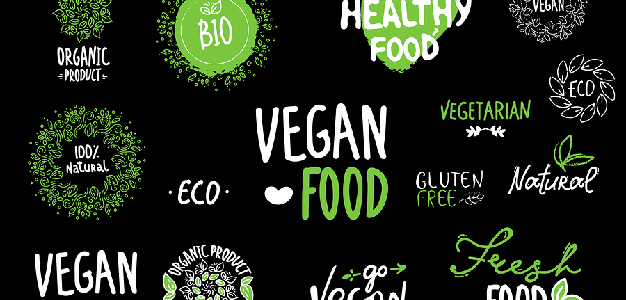It’s hard to ignore this trend because vegan recipes and cafes seem to be everywhere. So should you ditch the animal products and jump aboard? If you did, would you be healthier?
It’s hard these days to read something about healthy eating that doesn’t throw around the term ‘plant-based’ or quote American author Michael Pollan who said that everything he’d learned about food and health could be summed up in seven words: Eat food, not too much, mostly plants.
As food advice goes, it’s probably not bad. But plant-based doesn’t mean plants-only.
As we get older and our metabolism slows down, we need less food. To avoid deficiencies, our diets need to be as nutrient-rich as possible.
The only way to do that is to eat both animal and plant foods.
Without dairy, eggs, red or organ meats, poultry or seafood, vegan diets will be low in vitamins such as A, B12 or K, a broad range of minerals including calcium, iron, zinc, iodine and selenium, and essential nutrients such as choline (which is neither vitamin nor mineral).
I won’t pick through the problems associated with each of these, but as a quick example, K is the vitamin that shuttles calcium to where it belongs — in your bones and not your arteries. Good sources are all those forbidden foods such as cheese, whole milk, cream, egg yolk, and duck or goose fat.
Choline appears to be important for a healthy brain, nervous system, heart and liver. Best sources? Egg yolk and organ meats.
While we all need to cultivate a diet that suits our individual needs, it’s hard to get away from the fact that animal products are good for us. The odd person might thrive on a vegan or vegetarian diet, but that’s not most of us.
Vegan cafes do some wonderful food, so by all means enjoy eating at them. Just don’t fall into the trap of thinking that veganism is a healthy way of life.
For most older women it’s not.
Photo source: Bigstock

